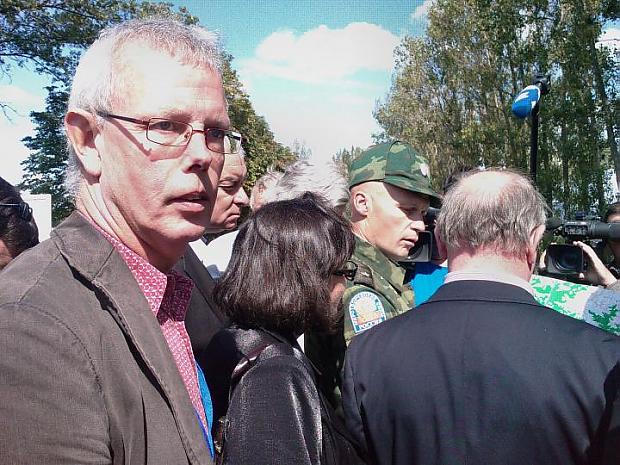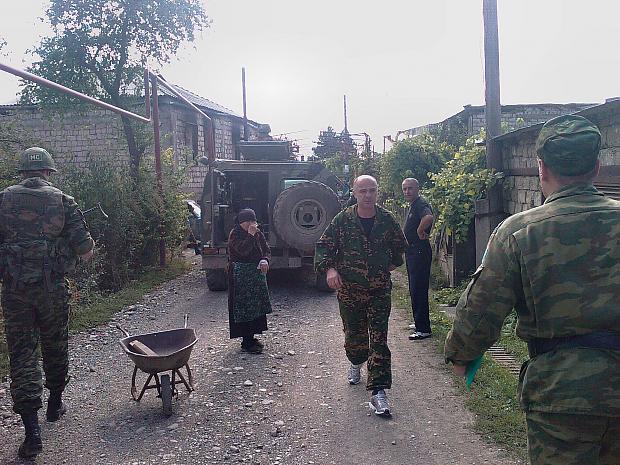Ten years on from the August War, South Ossetia remains a frozen conflict
Ten years on from the August War, South Ossetia remains a frozen conflict

Ten years ago this week Russian troops entered South Ossetia in response to Georgian president Mikheil Saakashvili's decision to send his army to attack the region which, though officially still Georgian territory de jure, had seceded de facto seventeen years earlier, in 1991. The attack had been launched the day before the Russian response, which occurred on 8th August.
- By Tiny Kox
In the ensuing 'August War' several hundred of South Ossetia's inhabitants lost their lives, while thousands more were forced to flee. Russia justified its invasion on the grounds that the Georgians had attacked Russian soldiers stationed in South Ossetia, where they had been since 1992, contributing to peace-keeping.
Investigations by the European Union and the Council of Europe – both parties to the conflict being member states of the latter – later concluded that Georgia had not been justified in launching the war, and that Russia's retaliatory invasion had been within international law. This did not hold true, however, for the invasion of Georgia proper which followed.

Following European mediation, this invasion fortunately came to a swift conclusion. Shortly afterwards I took part in a Council of Europe fact-finding mission and was able to see for myself the widespread misery which this short war had inflicted. I still remember the man who showed me how he had buried his parents in the garden under an iron door. He had no idea whether they had been killed by a Georgian or a Russian bomb.
Since the August War South Ossetia has never returned to Georgian jurisdiction, and has been recognised by Russia as an independent state. Relations between the huge state of Russia and its tiny Georgian neighbour have been on a constant knife-edge. Attempts by the United States to incorporate Georgia into NATO are turning the screw of these tensions a notch higher.
Ten years after the war South Ossetia is one of the many 'frozen conflicts' to be found in Europe, and thus the latest in a long line of evidence that Europe is in urgent need of a new international security architecture, one in which all European countries can participate. We simply cannot live sustainably alongside all of these ticking time bombs, which is what in essence these 'frozen conflicts' represent.
Tiny Kox is leader of the SP Senate group and Chair of the United European Left in the Parliamentary Assembly of the Council of Europe.
